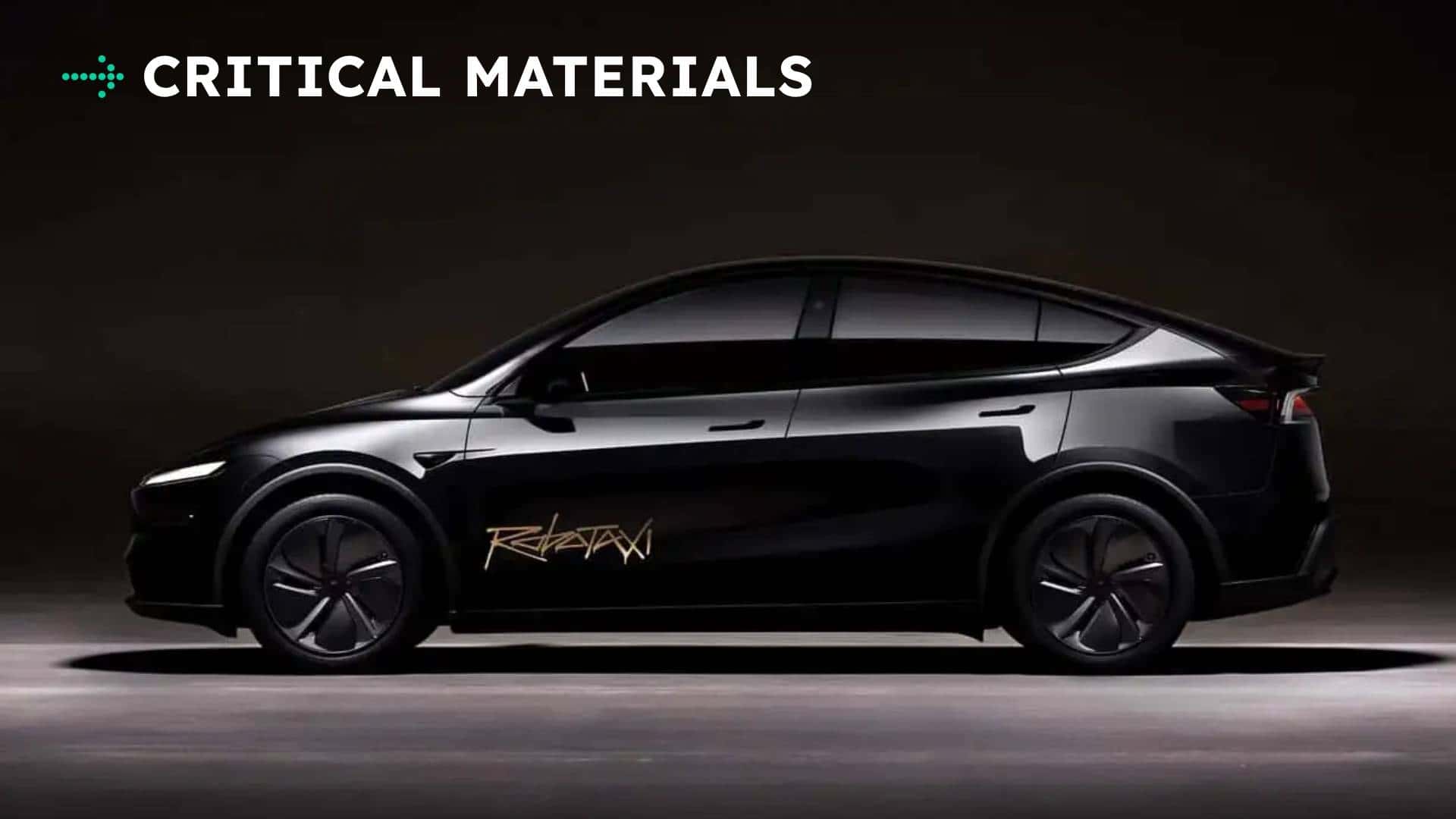
"In typical Musk fashion, he began throwing wild numbers. I think there could be tens of billions of Optimus robots, he said. But more importantly, he added that the company was working on next-generation chips for its self-driving cars and humanoid robots. And that begs the question: What happens to the Teslas already on the road running the current generation of computers?"
"Semiconductor chips are the backbone of Tesla's self-driving system, helping process the massive amounts of data gathered by the car's cameras to help it make real-time driving decisions. Teslas currently use third- or fourth-generation chips, which are also known as Hardware 3 and Hardware 4 systems (or AI3 and AI4). The newer cars pack more powerful computers and higher-resolution cameras than their predecessors. Now, Tesla is developing the next iteration, dubbed AI5, which promises several times more computing power while also being more energy efficient."
Tesla is pursuing next-generation AI5 chips that promise multiple times more computing power and improved energy efficiency, developed in partnership with TSMC and Samsung. Current vehicles use Hardware 3 and Hardware 4 (AI3/AI4) systems, with newer models featuring more powerful computers and higher-resolution cameras. The camera-only approach faces expert criticism for limitations in certain driving conditions, prompting questions about whether existing Teslas can achieve fully unsupervised self-driving without hardware changes. Panasonic has begun producing hundreds of thousands of EV batteries at a Kansas plant, potentially exceeding near-term demand. Japanese automakers are bracing for a Nexperia chip shortage.
Read at insideevs.com
Unable to calculate read time
Collection
[
|
...
]